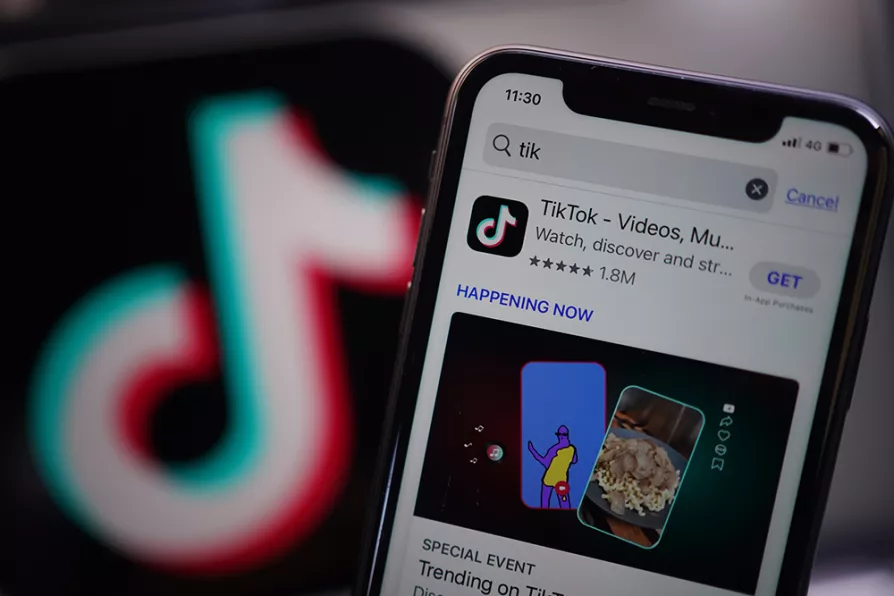John Wojcik pays tribute to a black US activist who spent six decades at the forefront of struggles for voting rights, economic justice and peace – reshaping US politics and inspiring movements worldwide


LIKE Denmark and the European Commission, Belgium is banning TikTok. Civil servants are no longer allowed to use the app. According to the relevant ministers, the app should even be removed from all mobile phones used professionally in government departments.
TikTok is wildly popular among young people. It is a platform that distributes short and light-hearted videos.
Initially, it was mainly about viral dances, but it quickly grew into a major news source for young people. In the US, nearly 100 million people use the app.

While Spode quit politics after inheriting an earldom, Farage combines MP duties with selling columns, gin, and even video messages — proving reality produces more shameless characters than PG Wodehouse imagined, writes STEPHEN ARNELL

The fallout from the Kneecap and Bob Vylan performances at Glastonbury raises questions about the suitability of senior BBC management for their roles, says STEPHEN ARNELL

While claiming to target fraud, Labour’s snooping Bill strips benefit recipients of privacy rights and presumption of innocence, writes CLAUDIA WEBBE, warning that algorithms with up to 25 per cent error rates could wrongfully investigate and harass millions of vulnerable people










